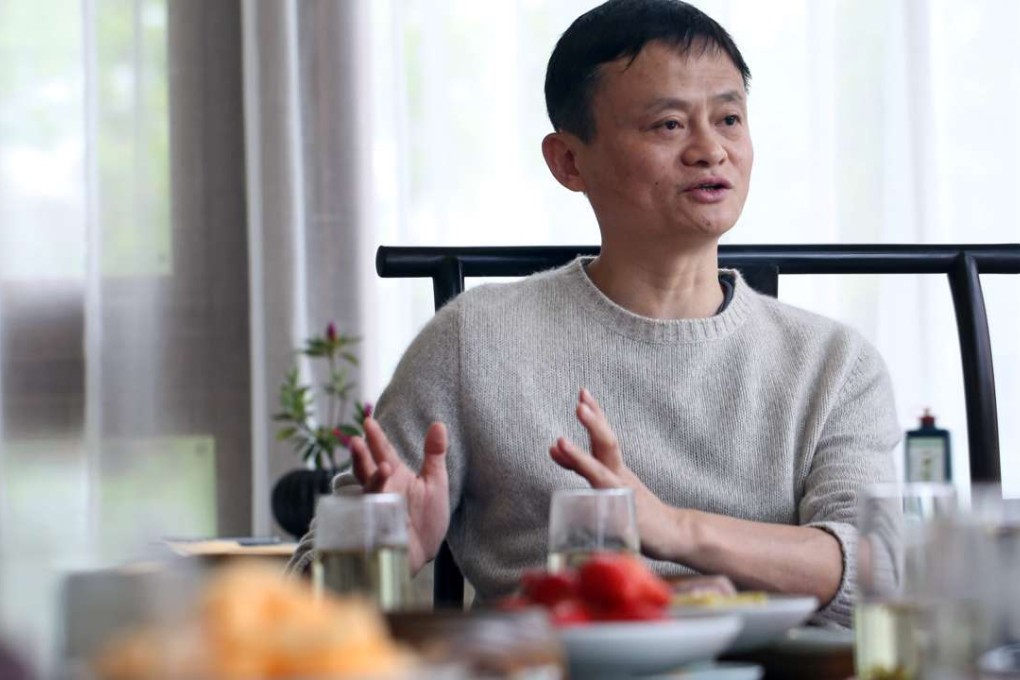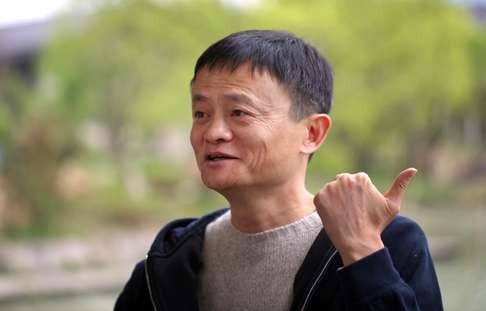BAT – Baidu, Alibaba and Tencent – lead charge in China mergers and show no sign of slowing down

When Jack Ma Yun reorganised Alibaba Group into 25 business units back in January 2013 and announced days later his exit as its chief executive, there was no inkling that what would happen next was a pell-mell rush to invest in a fast-expanding global internet market by the e-commerce giant and its two closest rivals in China.
Ma, who took on the role of executive chairman that same year, described the restructuring at that time as “the most difficult reorganisation” in Alibaba’s history, but acknowledged that he wanted to be “a good partner to more capable colleagues”.
That turned into a green light for other savvy entrepreneurs inside Hangzhou-based Alibaba to help explore new business opportunities and support strategic bets to broaden the company’s e-commerce ecosystem.

It was an unlikely investment blueprint that was not lost on rivals giant Tencent Holdings and online search leader Baidu, both of which were already pursuing their own strategic expansion initiatives.